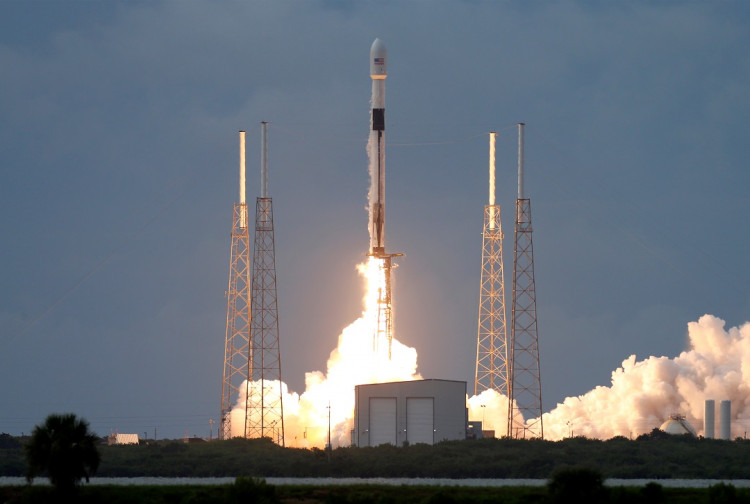In a few years' time, there will be thousands of satellites deployed to low-Earth orbit and SpaceX is merely one of the several companies planning to launch its mega-constellation in space. However, an astronomer has expressed his concern saying that such satellites could potentially ruin the chance of spotting near-Earth asteroids.
Jonathan McDowell of the Harvard-Smithsonian Center for Astrophysics authored a study that discusses how SpaceX's project Starlink could impact the work of different observatories. The astronomer has shared a draft of his study, which has been accepted for publication in Astrophysical Journal Letters but is yet to undergo peer review.
"Astronomers - and casual viewers of the night sky - must expect a future in which the low Earth orbit population includes tens of thousands of relatively large satellites," McDowell writes in the paper.
McDowell is but one of the several astronomers who have expressed their concern over the growing number of satellite constellations. SpaceX plans to launch as many as 40,000 Starlink satellites in space, which astronomical organizations believe will interfere with space observations.
In 2019 when SpaceX launched its first batch of satellites, professional astronomers commented about the brightness of the routers, marked by trains of light when viewed in a telescope. This brightness plus the overwhelming number of satellites from SpaceX and other space companies like OneWeb appear to be a huge threat for astronomical organizations.
McDowell also writes in the paper that hunting for near-Earth asteroids will be more challenging than ever, as observations are typically performed in twilight, which could create interference as satellites are illuminated year-round. The Harvard astronomer explained that out of 12,000 satellites, a great number of them are lit all year long, situated in three different latitudes.
CNET has asked SpaceX for a comment, but the Elon Musk-helmed space agency has not made a response as of writing. The CEO, however, has previously reassured that his Starlink satellites will not affect scientific observations in space. He also promised SpaceX is working with different astronomical organizations should any issues arise, particularly in making the satellites less bright and less reflective.
Earlier this week, SpaceX attempted to launch its next batch of satellites. However, the launch had been postponed as the system went into automatic shut down just as the Falcon 9 rocket was about to take off.
SpaceX will try to relaunch the satellites this week, equipping the Falcon 9 with 60 more to be launched in space.






